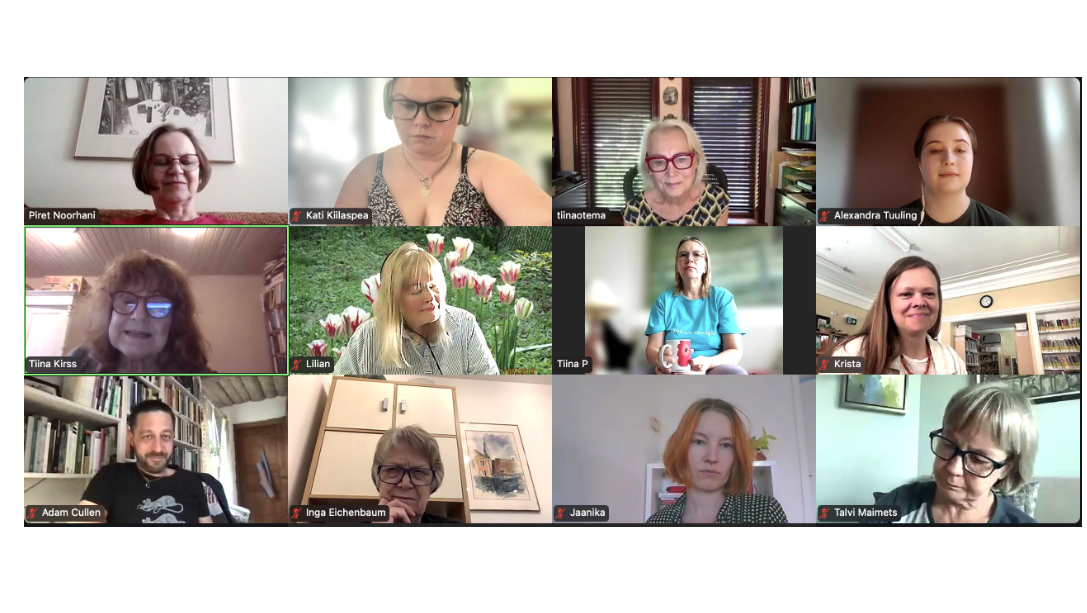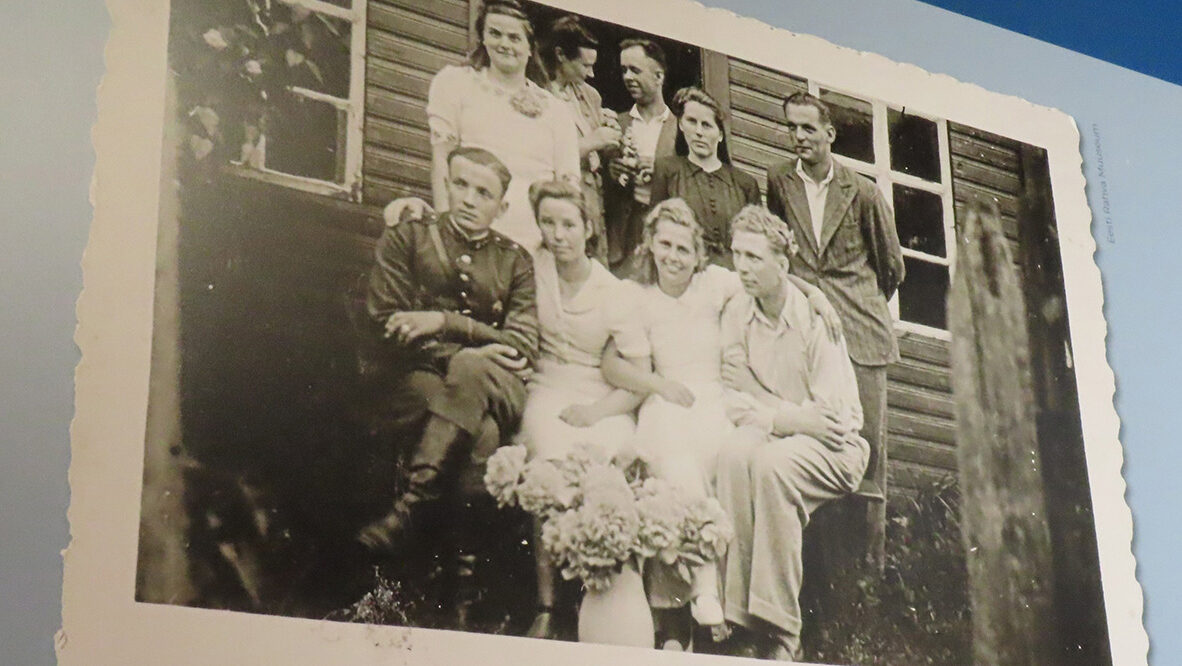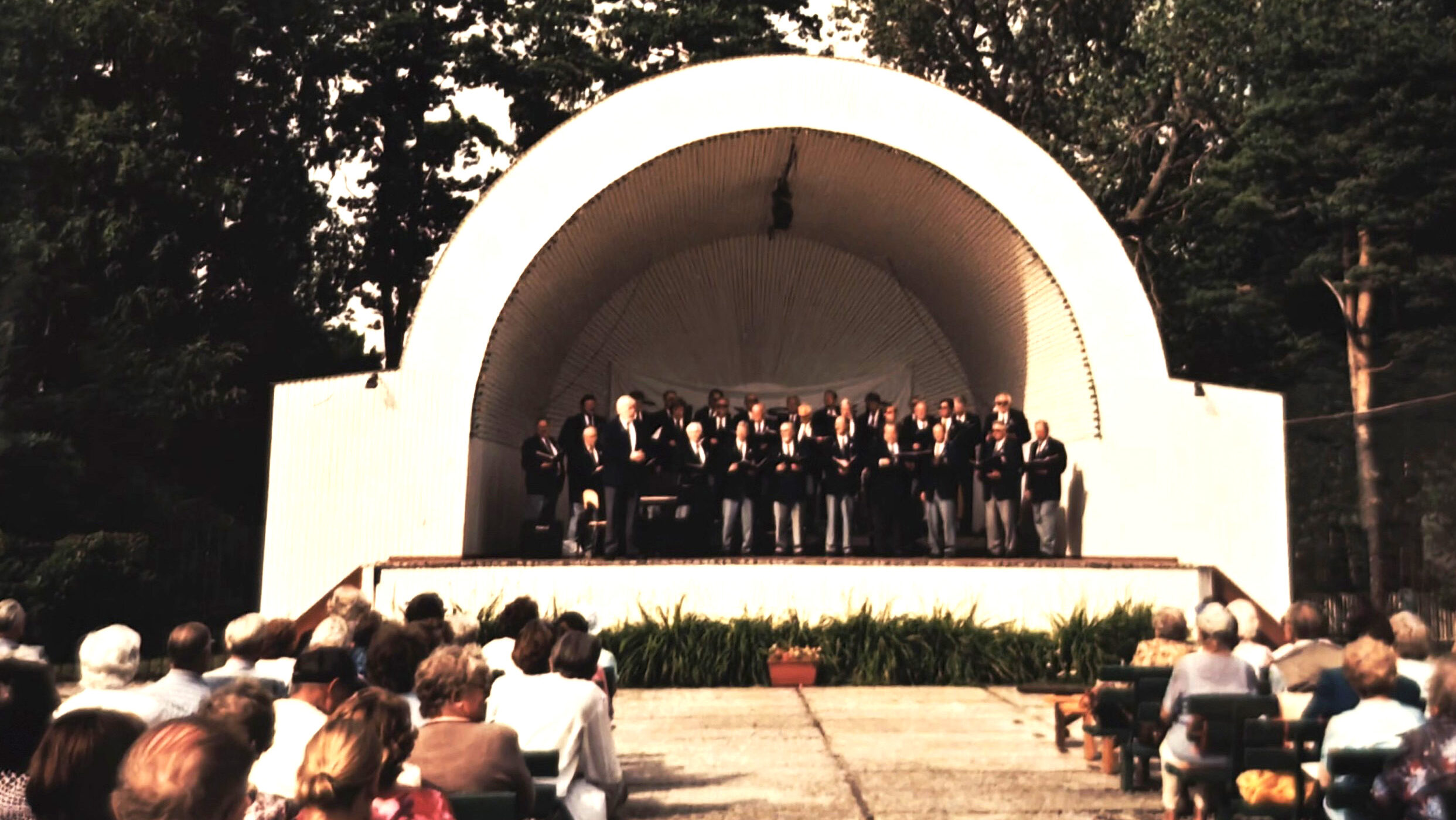However, one linguistic quirk may have passed you by, vanishing faster than you can accurately perceive it. It's a certain vocalization that's brought about in conversation when asking a question of someone.
“Hhhyuh...”
It sounds like a gasp, but as you search their face, you find there is no accompanying expression of surprise. No raised eyebrows or widening eyes. No, no one is surprised; they are saying yes. “Jah.”
This phenomenon—of the word being drawn back into the mouth, as if the speaker swallowed it—is what linguists would call “pulmonic ingressive speech.” The term indicates that air is produced by the lungs and is moving inward. The opposite, of sounds coming out, would be egressive speech.
In spoken languages, the vast majority of sounds are produced by a moving of one's lips and tongue and causing air to rush outward for those in a conversation to hear the sounds. English colloquialisms support this idea. When there's something we must say, we “speak out.” We “project” our voices to be heard.
Conversations are exchanges of these outward projections of air. To utilize the reverse in communication would then indicate restraint or tentativeness. When a word is pulled in, we are left to wonder if the speaker is unsure, as though they thought of saying something and then backtracked.
Täismahus artikkel on loetav Eesti Elu tellijatele
Igal nädalal toome me sinuni kõige olulisemad kogukonna uudised ja eksklusiivsed lood uutelt kolumnistidelt. Räägime eestlastele südamelähedastest teemadest, kogukonna tegijatest ja sündmustest. Loodame sinu toele, et meie kogukonna leht jätkuks pikkadeks aastateks.
Hind alates $2.30 nädalas.




